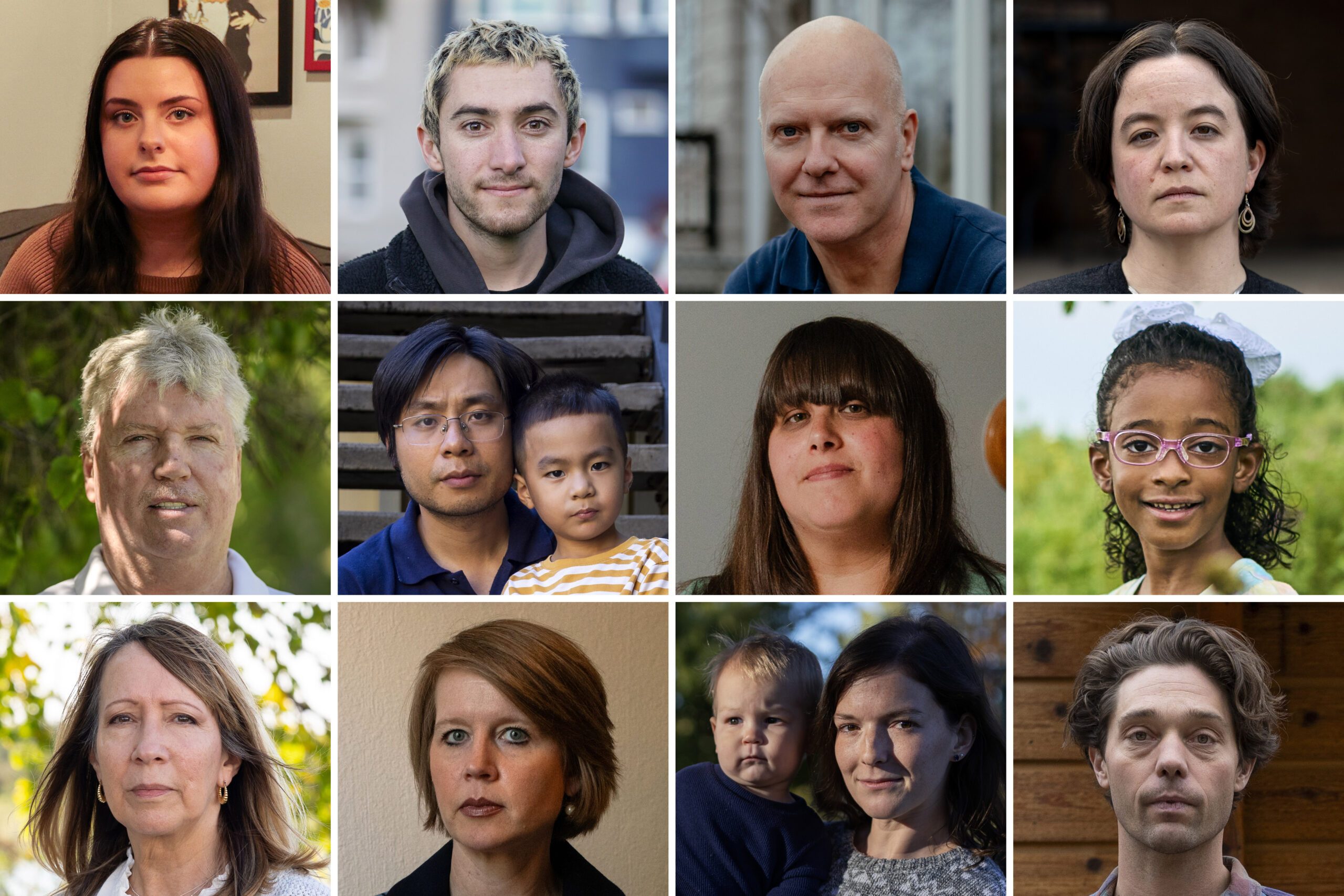I believe that you are on the brink of burning out was the last words I heard before zoning out.
There was nothing wrong with the doctor in front of me, and she knew it was what she was talking about.
I just never thought that it would happen to me.
That I would be the patient sitting in front of a doctor telling me that I’m on the brink of burnout.
After years of hustling, my body had pulled the emergency brake to a full stop, no longer able to fight off or escape from the threats I was exposing it to.
My body had stopped obeying me and decided to use an older strategy to save my life—Total shutdown of my sympathetic nervous system.
In this article, I will share the most significant insight I derived from journaling during my burnout.

Photo by Shutterstock.com
What Happens When Stress Becomes Chronic?
Journal Entry Wednesday 15 March 2000:
For a long as I remember, I have been in fight or flight mode. I have now run out of energy.
All the fight and flight has taken taking enormous amounts of energy, depleting my body resources.
I feel like the ship has left, leaving me behind at the shore.
I have had this question on my mind for days:
What happens when stress becomes chronic?
Just the thought of writing down the answer makes me feel shame, and
I blame myself for not seeing it coming, for not taking control of my life, my choices, and my health.
I know the answer is that when stress becomes chronic, the body shifts gears out of activation and into what’s known as a nervous system shutdown.
I experienced clear signs that my body was about to enter shut down, and I ignored it.
I kept going. I felt deep fatigue, which didn’t improve with rest.
I could sleep for nine or more hours a night, and still, I would wake up with no energy.
When I woke up, my body was in shutdown mode, during the day and in the evening.
I had brain fog that wouldn’t clear, leaving me unable to focus or concentrate for any length of time or to remember information.
All the things I usually had no problem remembering, like names, passwords, or phone numbers, had now become a blur.
I felt unmotivated and disconnected from myself and others (I still do)
I knew these were signs that my brain is trying to save energy.
It’s like when you’re running low on battery, and you turn off your phone because you need to make an important call later.
I never turned off my phone, and now I had no battery left.
My body is forcing me to take a break, and I don’t want to, but I know I will never recover from this if I don’t make long-lasting changes.

Foto Shutterstock.com
Guilt Anxiety And Anger
Journal Entry Sunday 16 April 2000:
Why do I feel guilty, anxious, or angry most of the time?
For as long as I can remember, I have never taken the time to identify the underlying feelings and emotions that govern my life.
I get stuck in these moments of despair, draining my energy more and more.
I have to start to identify and label my feelings and emotions.
So I can free myself from all the numbing behaviors I rely on to get me through the day.
I have to start listening to what my body tells me, but I have lost all interest in myself and others.
Right about now, someone should have diagnosed me with depression.
But I have decided to start asking questions instead of seeking help.
I feel guilty because I was the one responsible for this chaos.
I wonder if I feel guilty, anxious, or angry most of the time. After all, I am depressed or depressed because I feel guilty, anxious, or angry most of the time?
I can’t say, but I do know that at the heart of anxiety and depression, it’s a physiological state that we often don’t talk about.
For so many years, I have been pushing my body that long-term stress has become my habitual state.
Until my body said no more.
Looking back, I can see a massive misalignment between my values and what I have been chasing.
I have not been true to myself.
Why?
Because we live in a hustle culture, where the career has become such a priority in your life that being human — such as hobbies, family time, and self-care — most often take the back seat.
The hustle culture has been one of the biggest drivers in my life and the primary source feeding my guilt, anxiety, and anger — until I crashed.
I feel guilty because I feel I am not good enough. I keep comparing myself to others and feel angry because I can’t continue working like I used to,
I feel angry because I made choices that weren’t aligned with my values.

Photo by Shutterstock.com
It’s My Reptilian Brain, Trying To Protect Me
Journal Entry Saturday 6 May 2000:
Tomorrow is my birthday, and I only have one wish, that is to find out why I crashed.
Who am I trying to fool? It’s just me here.
I know why I crashed.
I crashed because my reptilian brain was trying to protect me.
My brain, circuitry controls functions are leftovers from an ancient time.
I was living in the 21first century with a reptilian brain.
My brain’s only focus is to keep my energy expenditure at a minimum so that I can outlast the threats around me and survive.
In my case, I was the only threat to my existence, but of course, my brain didn’t know the difference.
My brain did what it does best. It forced my physical and psychological resources into hibernation.
All motivation, energy, drive, and meaning are gone.
In the state of chronic shutdown, it feels like everything good in life is lost.
It is nowhere to be found, and the only thing left is a sad state of inaction.
After several months, I started to lose hope that life would ever be the same again or different.
To make matters worse, my brain started to remind me of how life used to be before the crash.
It went into the full comparing mode, comparing my old life with how I was living now or should be living.
I saw people around me who were doing and achieving more than me (the hustle culture)
I will keep investigating why I crashed to learn as much about myself as possible.

Photo by Shutterstock.com
The Storys My Brain tells Are Mostly Lies
Journal Entry Saturday 19 August 2000:
The summer is coming to an end. I have started reframing the stories my brain has been telling me, that there’s something wrong, that I am in some way flawed.
The human brain does two things the animal brains don’t do:
It remembers
and
It compares
This left me unable to meet the hustle culture way of living and kept me feeling stressed.
My brain responded by going in total shut down mode, waiting for the stress to end, which didn’t happen happened.
Why?
Because the only thing I could think about was to get back to work and hustle.
I was working against my brain, not with it, and I was digging my own grave.
My brain and I didn’t have the same goals.
My brain’s goal was to outlast the threat, but my mind and the brain’s capacity for memory and judgment keep the threat going.
Being stuck is what defines most anxiety, burnout, and depression.
I was stuck, and no one was coming to save me, but I have started to find my way back to a realistic and constructive way of living.

Photo by Shutterstock.com
Normal VS Unnormal State
Journal Entry Tuesday 26 September 2000:
My nervous system is almost back to functioning normally.
A normal functioning nervous system shifts gears throughout the day.
When I feel stressed (everyday short-term stress), my nerve system shifts gear into anxiety, anger, or shut down.
When the stress eases, it ships gears again, moving my body into a state of rest and calm, this is called the parasympathetic nervous system, and it is the body’s way of slowing things down.
On the other hand, the hustle culture disrupted my nervous system from functioning normally.
After a while, my nervous system stopped shifting gears and stopped adapting to the stressors from the outside world.
I am so grateful for all the questions I have asked during this summer.
It has moved me in ways I never thought possible.
I am no longer chasing the next thing. I feel present and vibrant.

Photo by Shutterstock.com
How Did I Get From There To Here?
Journal Entry Monday 20 November 2000:
Today I got the question of how I got from where I was ( burned out) to where I am today.
A part of me wanted to say that it was easy, but I heard myself saying that it took me time and effort to tune into my physiology.
That I had to educate myself in looking at my symptoms differently.
I had to leave my ego and hustle at the door and reframe my brain and body in a new way.
When I started to react and act differently, I gained back my health.
My nervous system started to work again, and in time I began to feel motivated to pursue things that were important to me.
How did you rebuild your health? Have been one of the questions that stuck with me today.
My answer was when I started to listen to my body and treat myself like someone I love. This gave me time to recognize my challenges and to take steps to resolve them.
Making time to understand what was happing in my body, I started to feel a lot of empathy for myself and began to work with my body rather than against it.

Photo by Shutterstock.com
Summary
I will leave you with this before you go:
I know that this is not the most practical advice on personal development I have written about, but I wrote this article to invite you to learn more about what your nervous system is trying to tell you.
We live in a culture that doesn’t teach us to listen to our bodies.
We glorify hard work and pay the bill with our health.
You have one life, and time is not money— time is a limited resource, that will never be gained when first lost.
If you have the privilege to choose between the hustling culture and living a truly fulfilling life.
What would you choose and why?
Please let me know in the comments below to learn from you.
I invite you to follow me on this journey.
Whatever your gender or occupation, you have something remarkable to share with the world.
…
Thank you for taking the time to read this.
Please pass it forward to create more loving people if you found this inspiring or helpful.
If you like to be the first to receive more articles like this and create the best version of yourself, you can follow me.
It would be my honor to write and add value to your life and your loved ones.
—
This post was previously published on medium.com.
***
You may also like these posts on The Good Men Project:
 White Fragility: Talking to White People About Racism
White Fragility: Talking to White People About Racism  Escape the “Act Like a Man” Box
Escape the “Act Like a Man” Box  The Lack of Gentle Platonic Touch in Men’s Lives is a Killer
The Lack of Gentle Platonic Touch in Men’s Lives is a Killer  What We Talk About When We Talk About Men
What We Talk About When We Talk About Men —
Photo credit: Shutterstock.com
The post Lessons I Learned Journaling During My Burn-out appeared first on The Good Men Project.
Original Article










